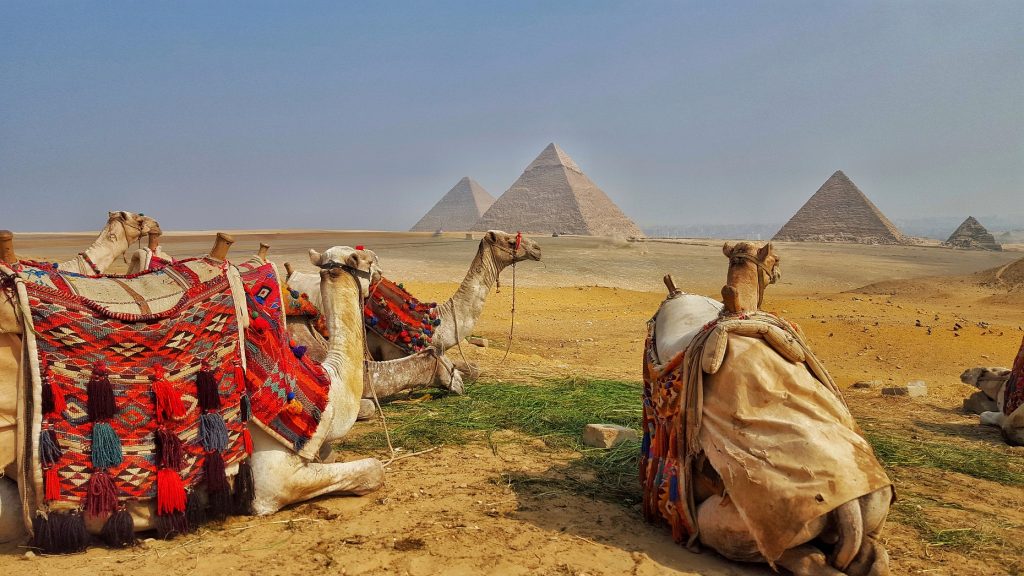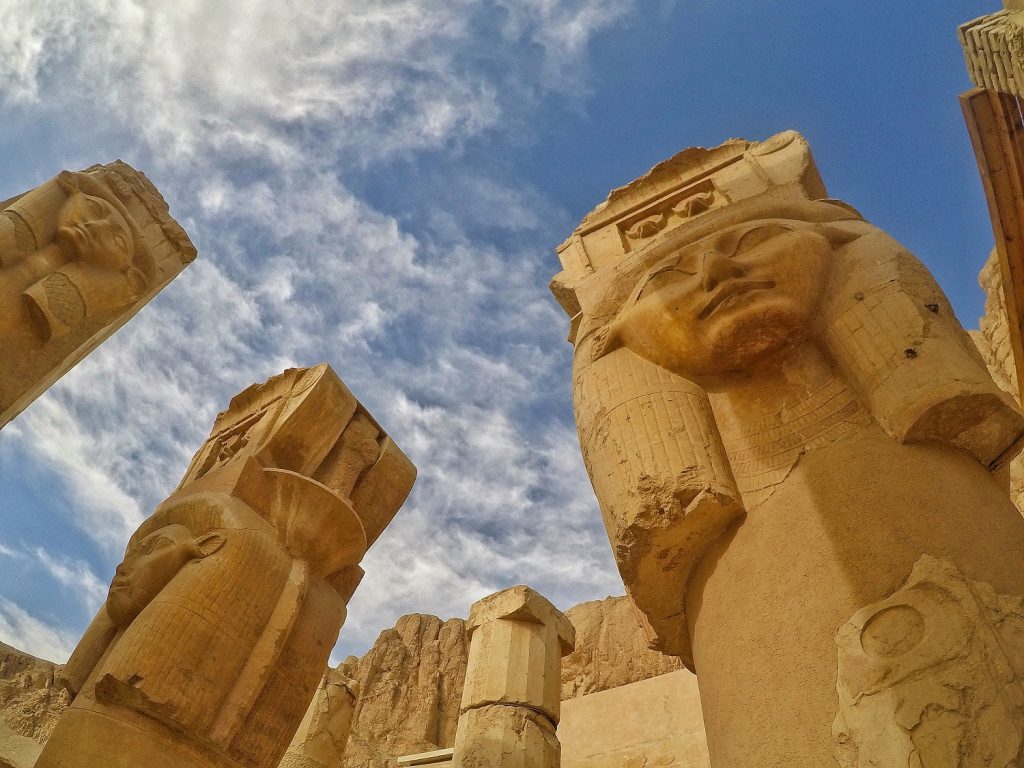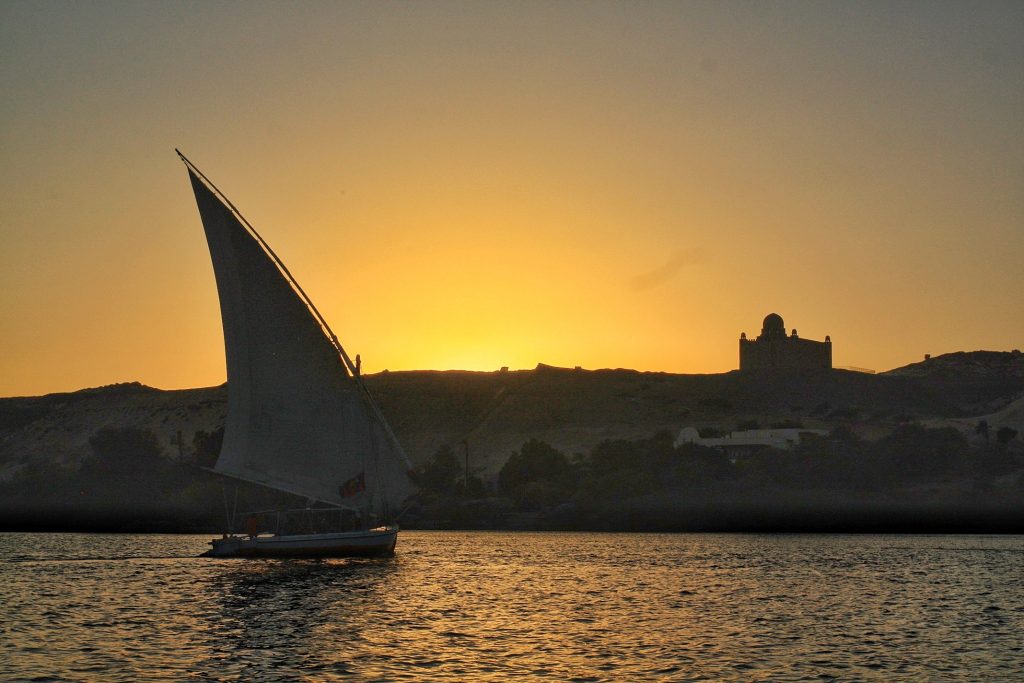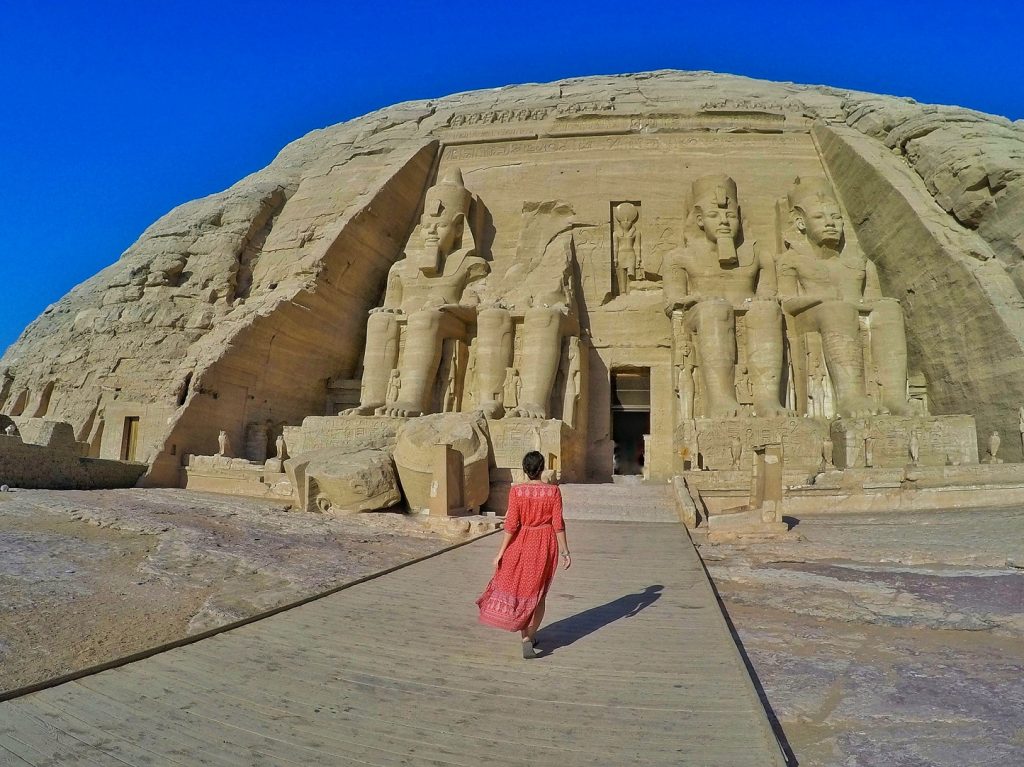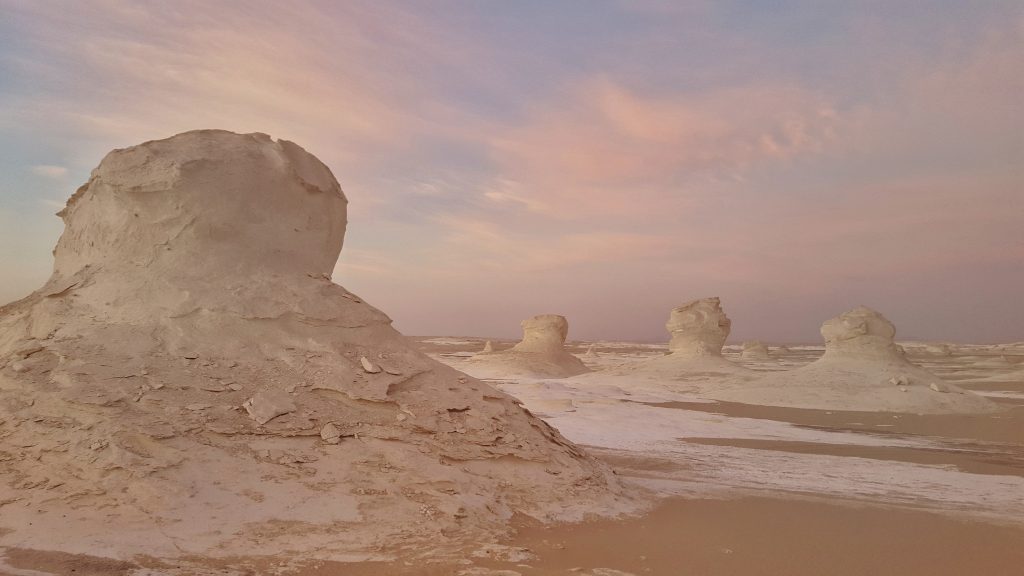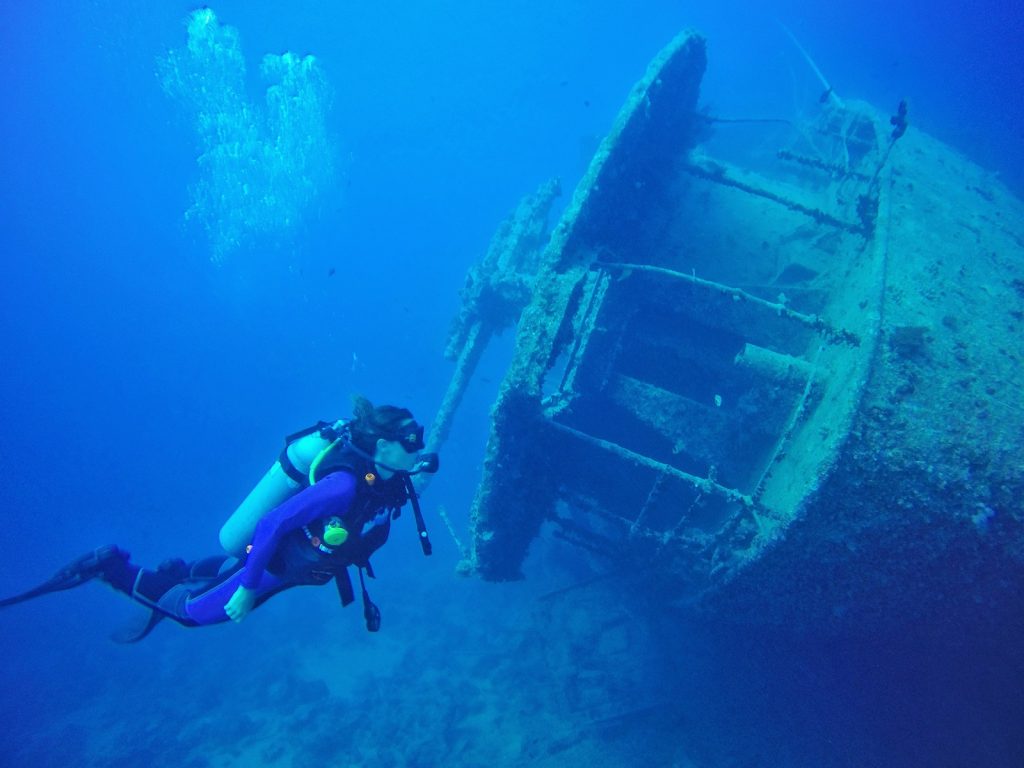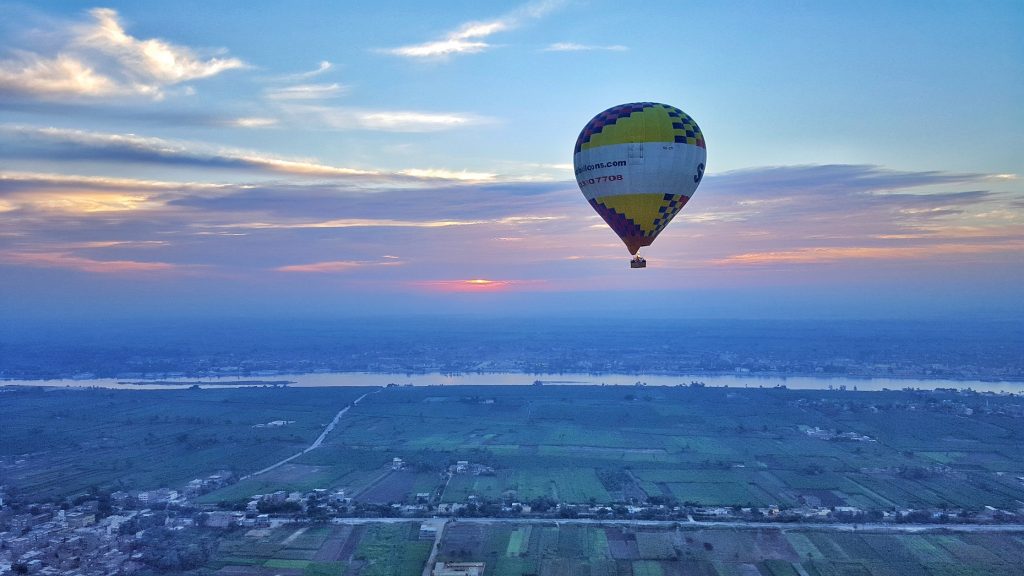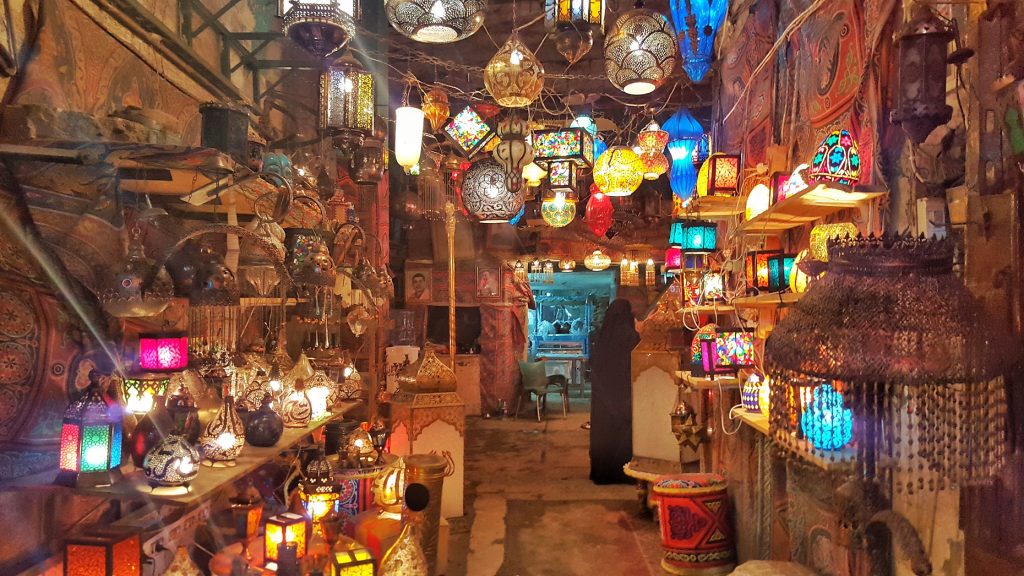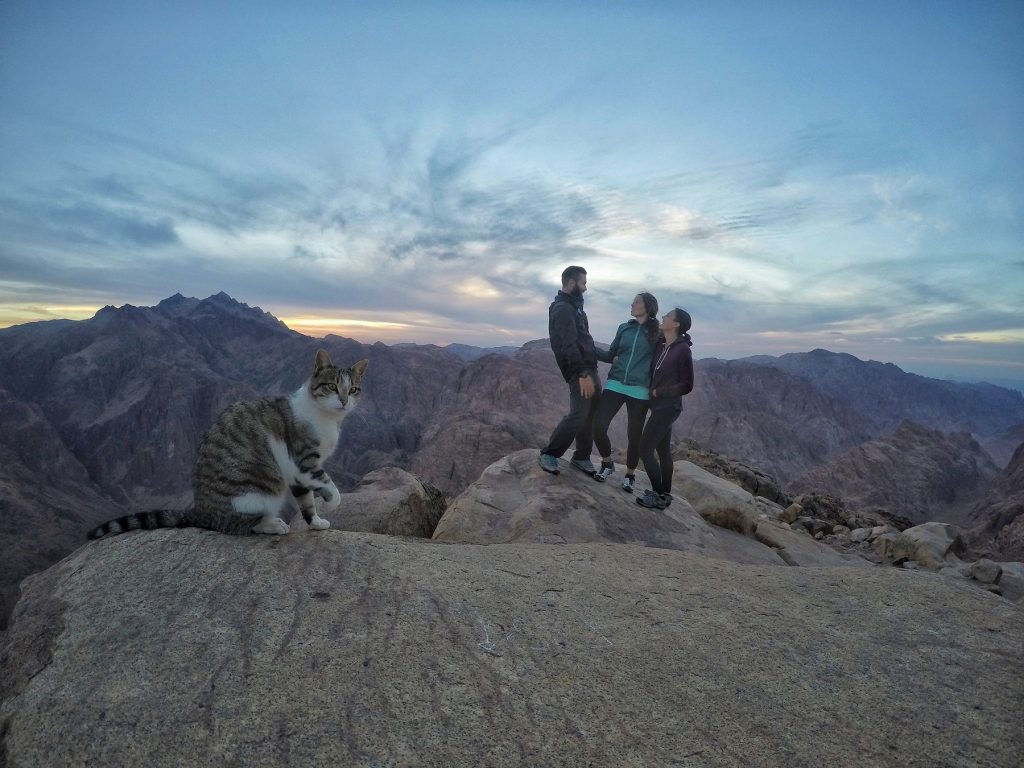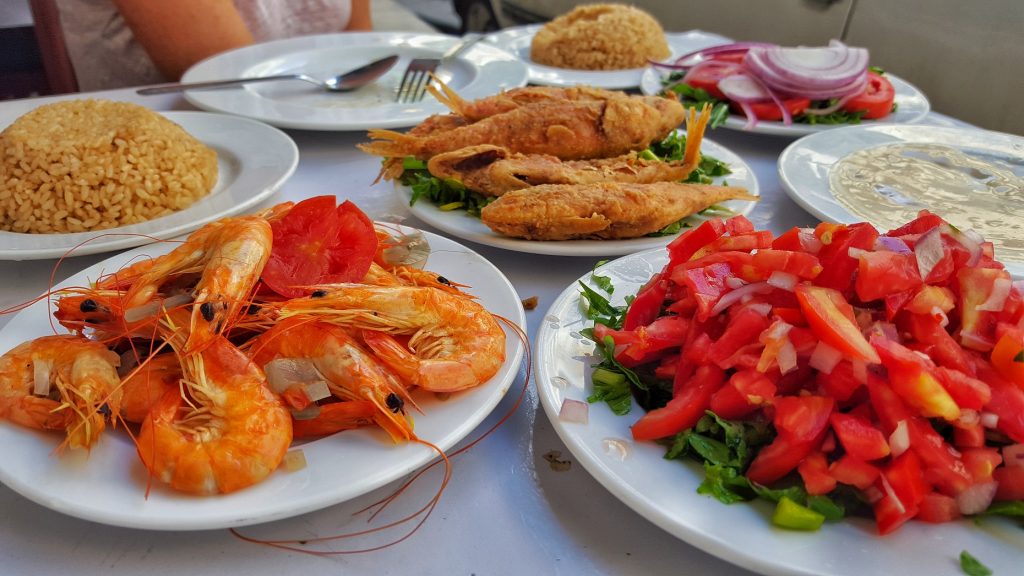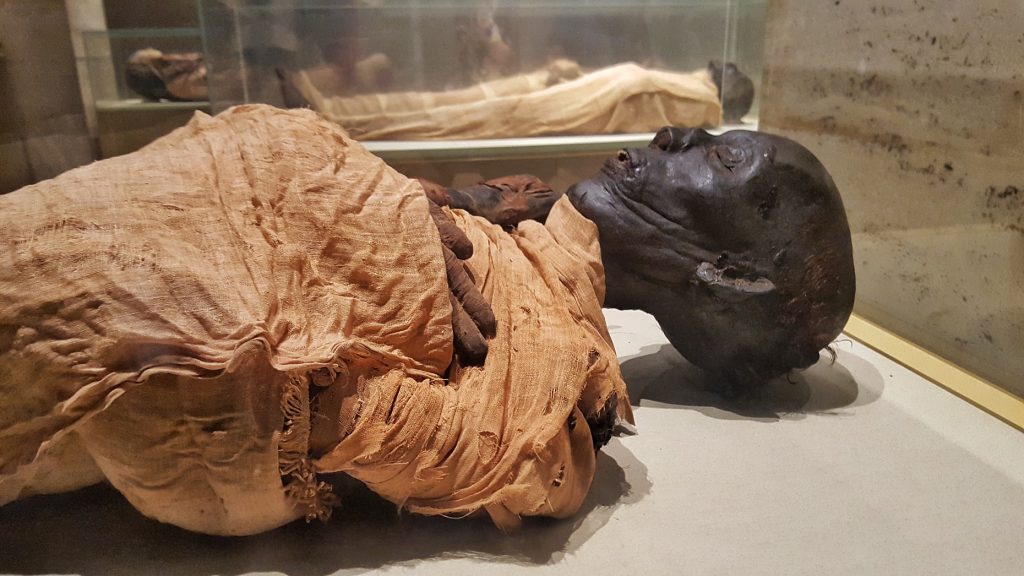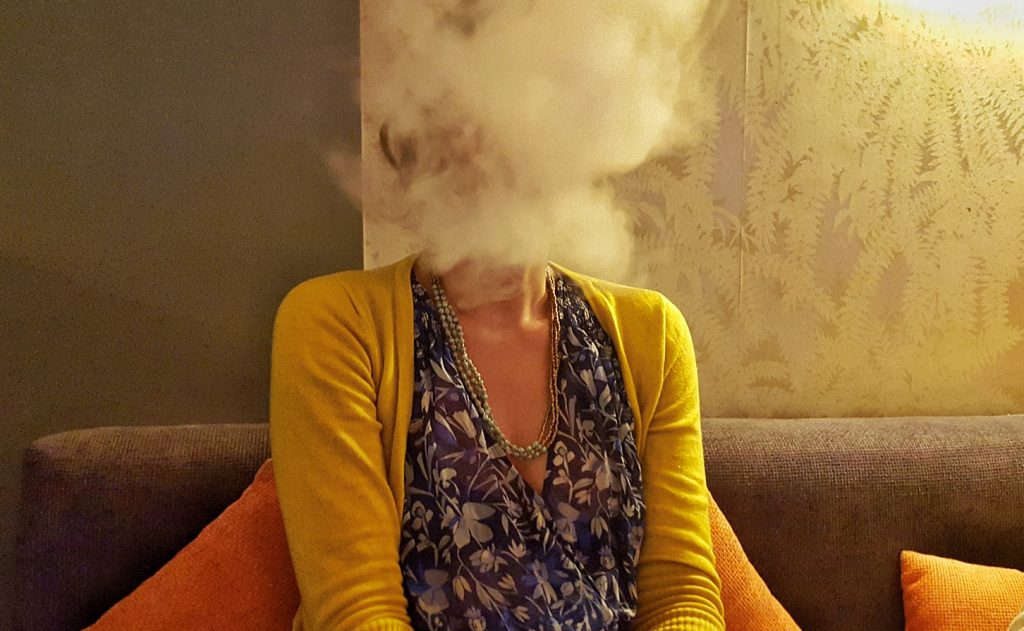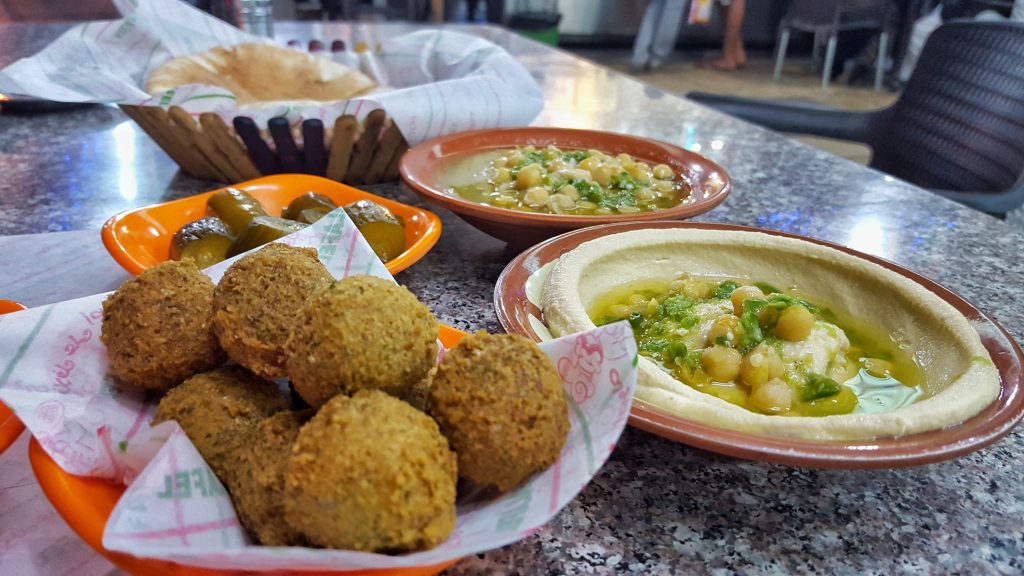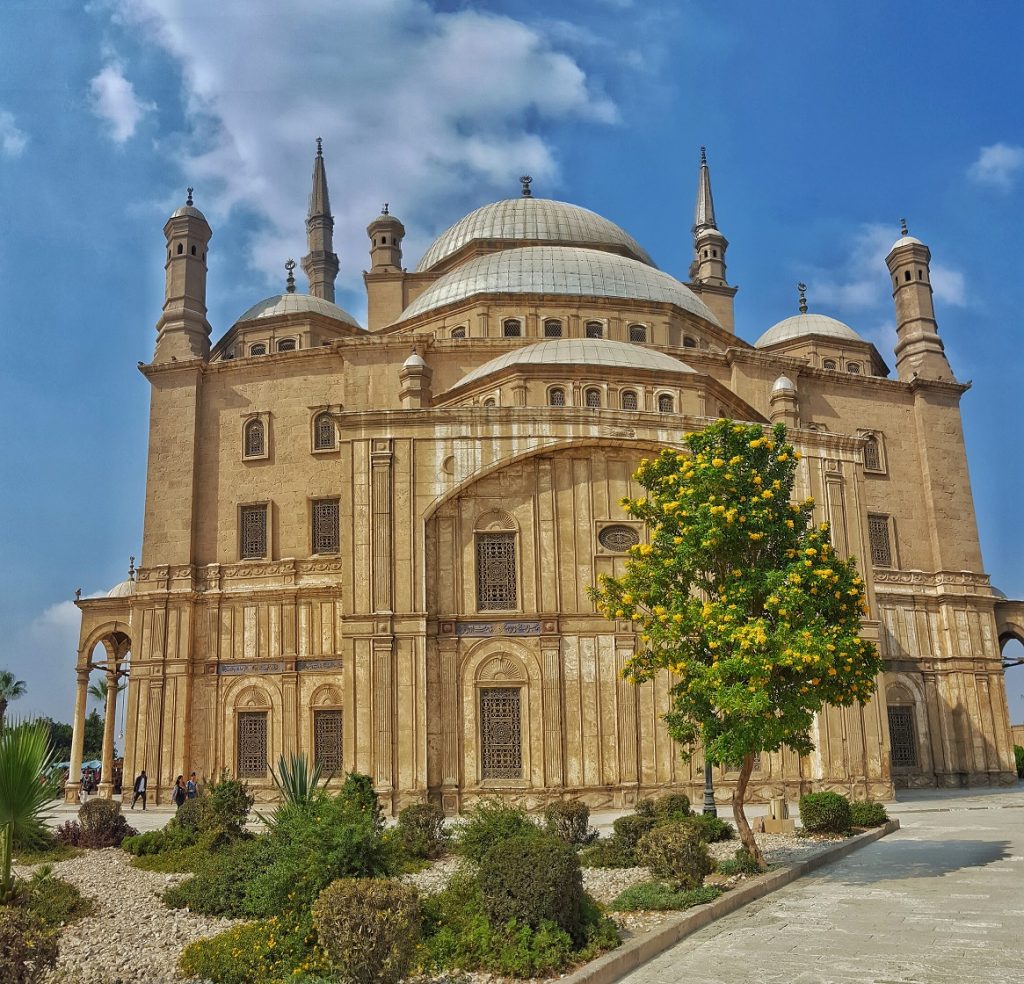Egypt needs to be in your travel plans for this year. For years, Egypt saw growth in tourism and built an excellent infrastructure throughout the country for visitors. That came to a halt in 2011 during the Arab Spring and for years to follow. Tourism is at a low, deals are ready to be made, and the Egyptian Pound has devalued. Egypt is one of the most budget friendly places in the world. We have compiled a list of some of the reasons why Egypt needs to be in your travel plans:
Visit the only remaining of the Seven Wonders of the Ancient World, the Great Pyramid of Giza.
See the amazing temples of Luxor.
Take a dhow boat ride on the Nile River.
Head South to the Nubien temple at Abu Simbel.
Take a 4×4 tour out to the White Desert.
Scuba dive in the Red Sea.
Take a hot air balloon ride over Luxor and the Nile River.
Shop to your hearts content at the Khan el-Khalili Souq in Cairo.
Hike to the top of Mount Sinai.
Eat seafood in Alexandria.
See a mummy at the National Museum.
Smoke traditional shisha (watermelon mint all the way).
Eat a falafal sandwich or plate.
Visit the Muhammad Ali Mosque in Cairo.
Table of Contents
Important Things to Know About Egypt
Visa
A visa is required for most foreigners and is available on arrival at the airport. The visa is $25 USD, payable at one of the three bank stations directly before the customs agent. Do not pay anywhere else. We have heard of people trying to lure foreigners elsewhere and overcharging for the visa. Following payment, a small slip is provided, which is presented to the customs agent.
For more on visa information read information here.
Culture
As a fairly liberal country within the Middle East and North Africa, it is a great place to visit for arts, culture, and history. Egypt in recent years has struggled with tourism resulting from terrorist attacks and two revolutions. Businesses are struggling and eager for tourists. Guidebooks warn about harassment and that Egyptians are known to be aggressive. In our experience, a firm NO will do the trick. The best way to avoid these situations is to say “la shukran” (no thank you in Arabic) in a firm tone.
Egyptians are very friendly people. If help is needed, Egyptians will go out of their way to aid tourists. In their culture, sharing is really important, especially when it comes to food. Don’t be surprised if they ask you to join them while they are eating. Most businesses open around noon. When it is lunchtime, they are eating breakfast. Locals stay up late being social, eating, drinking fresh squeezed juice and smoking sheesha. We really love the culture in Egypt.
What to Wear
Egypt is liberal for several things including the arts, culture, entertainment and nightlife. However, for tourists visiting Egypt, it is best to stay conservative with clothing choices. Keep in mind the temperature in Egypt is extremely hot. Bring clothing that is lightweight and breathable. Women in Egypt often wear a hijab (headscarf) and fully cover their arms and legs. Tourists are not expected to do the same, but here are some suggestions for how to dress in Egypt:
-
Cover knees and thighs
-
Wear tops that cover entire chest area
-
Advisable to bring a lightweight scarf (good for uncomfortable situations and entering mosques)
-
To enter mosques, men and women must wear long pants covering ankles. Women must wear long sleeve shirts covering their arms.
Currency
The Egyptian Pound (E£) is the national currency of Egypt. For years the pound was weak and with no economic confidence, the bank rates were not accurately reflecting the true value. Black market rates for currency were nearly double the bank rates. In late 2016, Egypt took a bailout loan from the IMF. One stipulation was for the pound to float freely. Overnight, the pound devalued by 48%. As of early 2017, the exchange rate is $1 = 18 E£ or €1 = 20 E£.
Food
Starting in the morning, cafes serve Egyptian tea, Turkish coffee, falafel and roasted aubergine. Around noon, businesses open for the day. Restaurants and street vendors offer an assortment of mezze plates (aubergine, pickles, french fries, hummus, tahini, falafel, fowl, etc…), grilled meats, falafel, shwarma, crepes, and koshary. On the coastal towns, fresh seafood is available at fish markets and seafood restaurants. Food is inexpensive in Egypt, however it usually will come with some negotiation. Restaurants commonly have an Arabic menu with prices for locals, and an English menu with tourist prices. Here are typical (local) costs:
-
Coffee 5 E£
-
Falafel sandwich 2 E£
-
Shwarma wrap 10 E£
-
Fowl – bean dish for breakfast 5 E£
-
Koshary – pasta with lentils, chickpeas, tomato sauce, garlic and hot sauce 5 E£ – 10E£
-
Aish Baladi – pita bread 1-2 E£
-
Mezze – eggplant, pickles, french fries, or other small mezze plates 2-3 E£
Train Transportation
Trains are an excellent option for transportation between Cairo, Alexandria, and the Nile River cities. There are three types of trains. The “local” trains which stop at every stop (7 – 30 E£ for tickets), Spanish AC trains (usually 40 – 120 E£ for tickets), and the faster Special Service trains (70 to 200 E£). Mid range trains (Spanish AC) are OK for short distances, but it is worth the extra money for long rides or overnight trains. The difference between first and second class seats is that the first class is much quieter. First class seats are wider and recline more. Be prepared for tundra like winter conditions on the AC trains.
To check schedules, routes, and pricing, go to Egyptian National Railways website.
Accommodation
Budget rooms are available from 90 £E and mid range from 200 £E in Cairo. Outside of Cairo, budget rooms are similarly priced, however mid range rooms get cheaper. Many budget options exist throughout Egypt, all available for 80 – 100 E£ per night for a double room. Here are some recommended places to stay:
-
Cairo – Dahab Hostel is in a great place with rooms from 90 E£.
-
Alexandria – Transit hotel has good wifi and breakfast included for 170 E£.
-
Luxor – Boomerang and Bob Marley Hotel has private rooms ranging from 90 to 150 E£.
-
Aswan – Noorhan Hotel is very basic with single rooms for 60 E£ and doubles for 70 E£.
-
Dahab – Seven Heaven Backpackers has dorms for 30 E£, private doubles with shared bath for 60 E£, and private doubles with ensuite for 80 E£.
Safety
Safety in Egypt is a concern and there is no way to avoid this topic. Facts speak for themselves. In 2015 several incidents occurred. The deaths of several tourists in the Western Desert by the Egyptian government (they mistakenly thought they were terrorists), an attempted suicide bomb in Luxor at the Karnak Temple, and the kidnapping of an Italian student in the Sinai all made international headlines. There also were two mysterious plane crashes. The Metrojet 9268 in October of 2015 from Sharm el Sheikh airport en route to Russia was suspected to have a bomb. EgyptAir flight 804 suddenly crashed into the Mediterranean while en route from Paris to Cairo.
While Egypt has been hit by terrorism in recent years, we did not feel threatened or unsafe while visiting the country. We do not recommend going to the desert without a quality and proper tour guide, and stay away from the northern part of the Sinai. While some may find the risk too high to go to Egypt, others see it as an opportune time to explore this amazing country with little to no crowds.
For TOP PLACES TO VISIT…Check out our full Egypt guide:
Egypt country articles:
-
Alexandria
-
Best of Luxor and Aswan Temples
-
Dahab Scuba Diving
-
Top Things to do in Cairo
-
Trip Report: White Desert Tour

